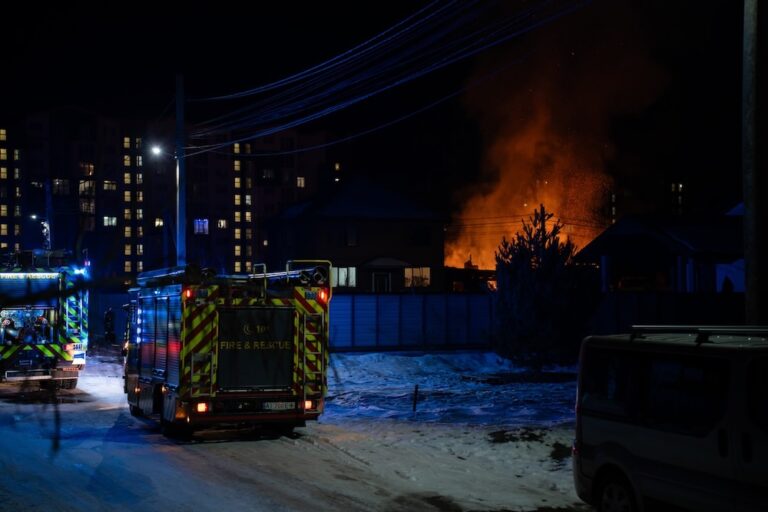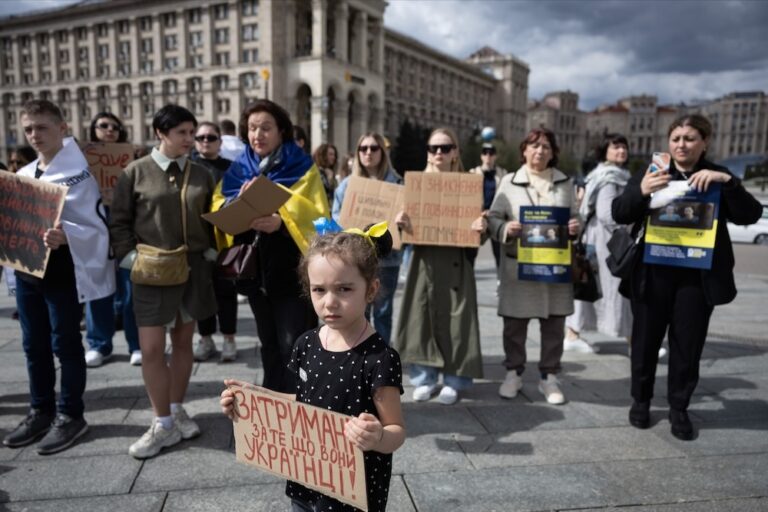(RSF/IFEX) – Reporters Without Borders has voiced relief at a decision by a court in Rybinsk (400 km north of Moscow) to release journalist Andrei Novikov. The court ruled at the end of a hearing on 6 December 2007 that there are no grounds for continuing to keep him in the psychiatric hospital where he […]
(RSF/IFEX) – Reporters Without Borders has voiced relief at a decision by a court in Rybinsk (400 km north of Moscow) to release journalist Andrei Novikov. The court ruled at the end of a hearing on 6 December 2007 that there are no grounds for continuing to keep him in the psychiatric hospital where he has been held against his will since 14 February 2007.
“Novikov has been the victim of practices contrary to the rule of law,” Reporters Without Borders said. “It seems that Russia’s special services and psychiatrists are still empowered to take charge of anyone whose words or actions stray from the Kremlin line. The use of punitive confinement is very dissuasive for all those who might be tempted to express their disagreement with the authorities.”
An online reporter for Chechenpress, the news agency of the Chechen government in exile, he was arrested on 5 December 2006 and charged with “publicly inciting constitutional change by means of force” (article 280 of the criminal code), which carries a maximum sentence of three years in prison. The charge was based on two email messages he sent to local newspapers.
Reporters Without Borders has been told that two doctors who were able to examine Novikov before he was admitted to the psychiatric hospital in February found nothing psychologically wrong with him. However, a psychiatric commission that examined him in January claimed that he displayed “antisocial behaviour” and “maladaptation.” His father said a special commission that met on 14 November concluded that there were no grounds for keeping him in the hospital. This decision needed to be confirmed by a court.
Born in Rybinsk in 1966, Novikov worked for many Russian news media during the 1990s including “Literatournaya Gazeta”, “Izvestia” and “Droujba Narodov”. He participated in the pro-democracy movement during the final years of the Soviet era and helped to produce “samizdat” (underground newspapers). Of late, he has been a full-time reporter for Chechenpress, the online news agency of the unrecognised Chechen Republic of Ichkeria (the government in exile).
According to the polling institute FOM, 24 per cent of Russians have access to the Internet, which in recent years has become a space for free expression. A tendency for blogs and websites to be more politicised was particularly noticeable in the run-up to the 2 December legislative elections.
Novikov was interviewed in a documentary by Manon Loizeau entitled “Travel diary in memory of Anna” that was broadcast by the French TV station France 2 on 22 November.


